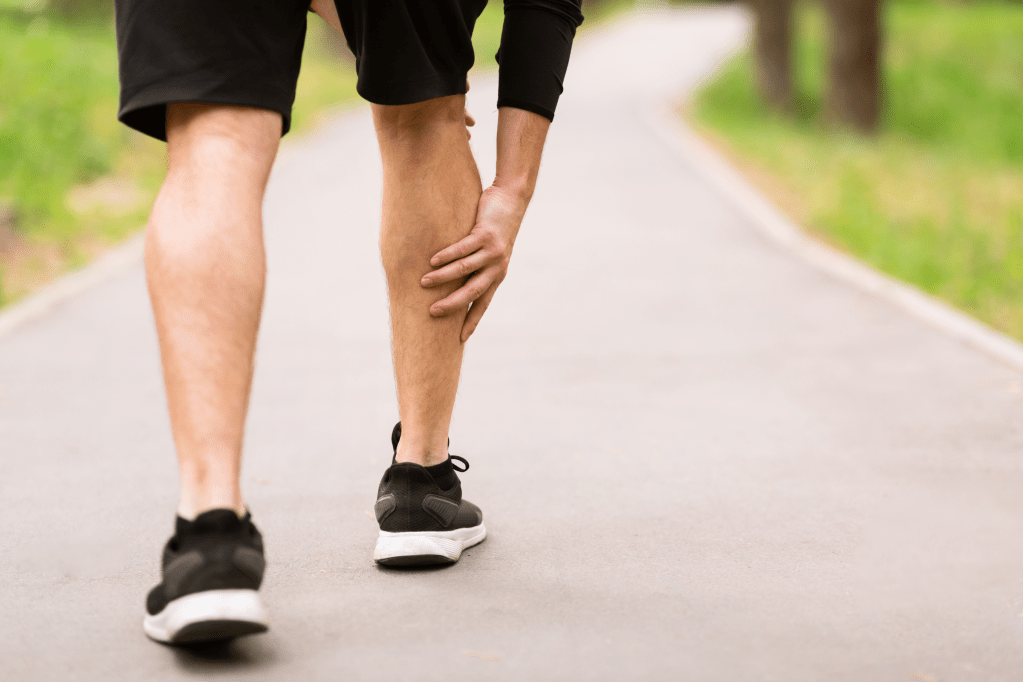
A study by Stanford Medicine researchers in older mice may lead to treatments that help seniors regain muscle strength lost to aging.
Muscle stem cells—which are activated in response to muscle injury to regenerate damaged muscle tissue—lose their potency with age. A study from the National Health and Nutrition Examination Survey showed that five percent of adults aged 60 and over had weak muscle strength, and thirteen percent had intermediate muscle strength.
Now, researchers at Stanford Medicine are seeing that old mice regain the leg muscle strength of younger animals after receiving an antibody treatment that targets a pathway mediated by a molecule called CD47.
The study was published in Cell Stem Cell and is co-funded by the California Institute for Regenerative Medicine (CIRM).
A Closer Look at CD47
CD47 is a protein found on the surface of many cells in the body. Billed as the “don’t eat me” molecule, it is better known as a target for cancer immunotherapy. It’s common on the surface of many cancer cells and protects them from immune cells that patrol the body looking for dysfunctional or abnormal cells.
Stanford researchers are finding that old muscle stem cells may use a similar approach to avoid being targeted by the immune system.
It’s been difficult to determine why muscle stem cells lose their ability to divide rapidly in response to injury or exercise as they age. Dr. Ermelinda Porpiglia, the lead author of the study, used a technique called “single-cell mass cytometry” to study mouse muscle stem cells.
Using the technique, Porpiglia focused on CD47, and found that the molecule was found at high levels on the surface of some muscle stem cells in older mice, but at lower levels in younger animals. Porpiglia also found that high levels of CD47 on the surface of muscle stem cells correlate with a decrease in their function.
“This finding was unexpected because we primarily think of CD47 as an immune regulator,” Porpiglia said. “But it makes sense that, much like cancer cells, aged stem cells might be using CD47 to escape the immune system.”
Testing an Antibody
Further investigation revealed that a molecule called thrombospondin, which binds to CD47 on the surface of the muscle stem cells, suppresses the muscle stem cells’ activity.
Porpiglia showed that an antibody that recognizes thrombospondin and blocks its ability to bind to CD47 dramatically affected the function of muscle stem cells. Cells from older animals divided more robustly when growing in a laboratory dish in the presence of the antibody, and when the antibody was injected into the leg muscles of old mice the animals developed bigger and stronger leg muscles than control animals.
When given prior to injury, the antibody helped the aged animals recover in ways similar to younger mice.
Porpiglia said, “We are hopeful that it might one day be possible to inject an antibody to thrombospondin at specific sites in the body to regenerate muscle in older people or to counteract functional problems due to disease or surgery.”
These results are significant because they could one day make it possible to boost muscle recovery in humans after surgery and reduce the decline in muscle strength as people age, but researchers say more work is needed.
“Rejuvenating the muscle stem cell population in older mice led to a significant increase in strength,” said Dr. Helen Blau, a senior author of the study. “This is a localized treatment that could be useful in many clinical settings, although more work needs to be done to determine whether this approach will be safe and effective in humans.”
CIRM has previously funded work with researchers using CD47 that led to clinical trials targeting cancer. You can read about that work here and here. That work led to the creation of a company, Forty Seven Inc, which was eventually bought by Gilead for $4.9 billion.
Read the original release by Krista Conger on the Stanford Medicine website.